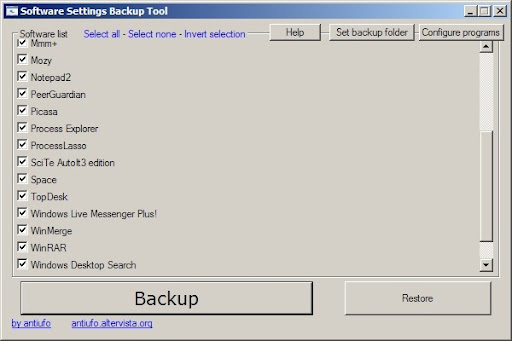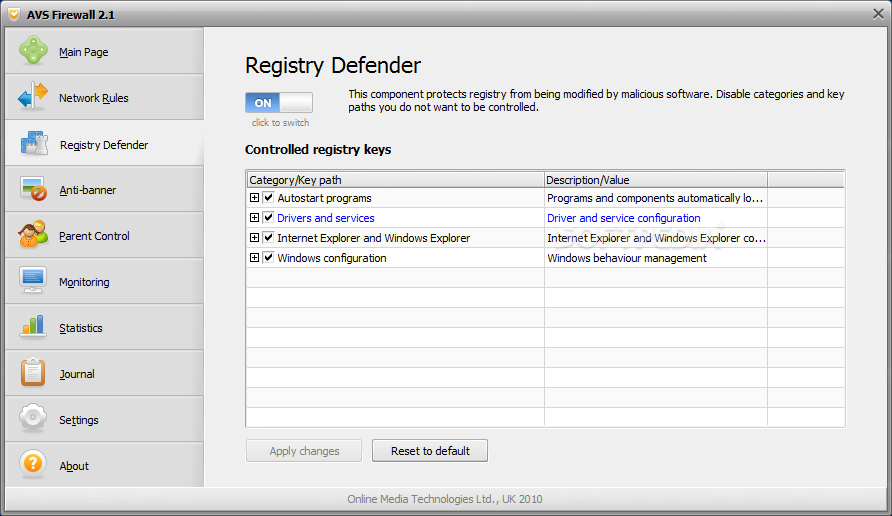

- Peerguardian windows utorrent#
- Peerguardian windows software#
- Peerguardian windows trial#
- Peerguardian windows torrent#

Peerguardian windows torrent#
You get many hits from anti-p2p IPs shortly after trying a torrent (especially popular ones), meaning the companies still use them a lot. The main experimental evidence supporting use of PG are:ġ. I've made a response to a post on this subject indicating the flaws in that outlined theory. The fact that (as per theoretical point #3) they already have no problem finding many users (due to most people not using anything PG-like) and bringing them to court, invalidates any need for something more, especially something costly. When it comes to companies, they'll just apply Ockham's Razor against cost, and this "smart PG evasion strategy" loses.
Peerguardian windows software#
It's an unfortunate situation in security software where people go around suggesting that because something isn't perfect (nothing is), it is useless.
Peerguardian windows trial#
I'm actually quite surprised that they think that even using the proposed strategy, that AOL trial discs or home DSL/cable home usage as potential implementation choices were anything other than a joke. it's pure speculation in spite of being falsifiable). The blogger made no effort at all to test any of their hypothesis (i.e. I've read the blog you linked to earlier, and it has faulty theoretical and practical assumptions. Please stop blanket bashing PeerGuardian. Just where, if there is such a thing, do they draw the line? I'm just wondering how caught up in all of this could be the "little guy" P2P user. Would that much of a sharing habit raise the red flag subjecting him/her to the vengeance that these internet investigators seek and a subsequent visit in front of a judge where he/she is required to pay a hefty fine of thousands to avoid jail time? Or are they looking for the heavy sharers, who practically make a career out of downloading and distributing audio and video files deemed to have the classification of unauthorized, copyrighted material? With the millions and millions of P2P users around the world, how safe from being singled out is the, let's say, "average" P2P community member who "accidentally" shares what could be perceived as an unauthorized, copyrighted file.let's say for the sake of argument here, it's a video or even an audio file and perhaps he/she does this a couple/few times a week only? "As such, some people never see the emails meant for them."

Personally, I think BISS is working with antip2p companies, not against them. If the lists are crap, so are the results from it, and the lists ARE crap. If you take their level1 list, and replace 'mediadefender' with 'God', has peerguardian now proved the christians right? No, the program just shows what the lists have down. Whats really happening is the program displays the lable in the list, that goes with the IP. People also see what's being blocked and think that that company is trying to connect. It's absurd what they use to justify a list. Popcap is owned by a company, and the parent company of that, has a share in mediasentry.
Peerguardian windows utorrent#
has made distribution deals with some US studios and production companies.ģ) those studios and/or production companies are members of the MPAAįrom that, bluetack deduce that is run by the MPAA, and that utorrent is spying on you. Why? well, that means following their chain of reasoning.Ģ) bittorrent inc. This whole website you're on now, is blocked by bluetack's level1 list. I spoke to one of the founders of PeerGuardian the other week. I've found that entries are often made up, associations claimed are not true, and that from tests of known IP ranges (what few there are) others have found hit rates significantly poorer than if they were entered at random. Ok, I've been doing some of the investigating on this for the past few years, but I'm not the only one.


 0 kommentar(er)
0 kommentar(er)
